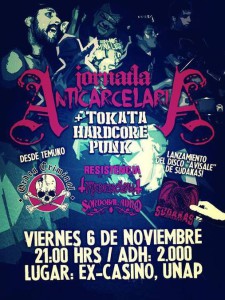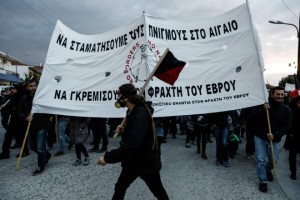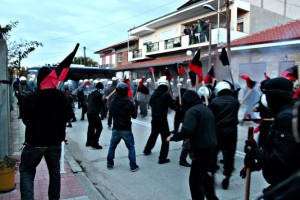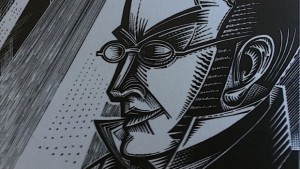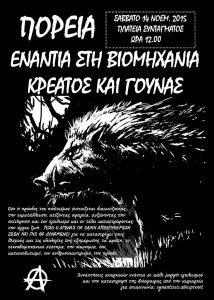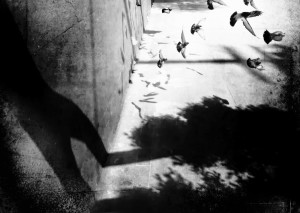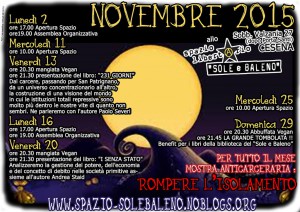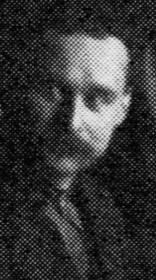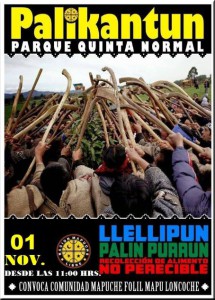Espacio Okupado Infoteka junto a los compas de Sudakas, tenemos el agrado de invitarles a todxs los humanos (y lxs no tanto también) a la Jornada Antikarcelaria y Tokata Hardcore Punk, éste próximo viernes 6 de noviembre en el SKAsino de la Unap a sólo DO$ LUKITAS la entrá.
Continue reading Iquique, Chile: ¡Jornada Antikarcelaria y Tokata Hardcore Punk!
Monthly Archives: November 2015
The protest against Evros fence
Around 500 people, from various towns, participated in today’s protest against Evros fence.
For the Abolition of Police
A police force, where there are no crimes to discover and delinquents to arrest, will provoke or invent crimes…
— Malatesta
People involved in law enforcement are agents of the powerful against the weak, who readily mobilize and deploy arbitrary and unpredictable violence and destruction. The hateful and demented pro-police comments made in mass and social media in the wake of the cops’ fully exposed immunity from Ferguson to Staten Island (well, everywhere) show that better than any political treatise. The pro-police camp persists in perpetuating some of the most banal lies of authoritarian morality: The state exists to protect the weak from the whims of tyrants. The system of law and justice is impartial. Cops only arrest the guilty. The guilty deserve whatever the police do to them. Prisons are only for bad people…
Continue reading For the Abolition of Police
La influencia del stirnerismo en el movimiento libertario español
Las concepciones filosóficas de Stirner, concretadas en su famoso libro El único y su propiedad, que data del 1844, llegaron con bastante retraso a España. Además de llegar tarde estas ideas se incorporaron al discurso libertario por mediación y influencia de otros autores; en contadas ocasiones de forma directa. Nietzsche y Armand son dos de los autores más destacados, los que me interesaría analizar aquí (a parte del propio Stirner, evidentemente). Ambos autores fueron claramente influenciados por la filosofía de Stirner, y la asimilaron y desarrollaron a su particular manera. Se sabe que el autor de Así habló Zaratustra admiró a Stirner en secreto, sobretodo para evitar posibles identificaciones de su filosofía con el anarquismo y el individualismo stirnerianos.
Continue reading La influencia del stirnerismo en el movimiento libertario español
Atenas: Manifestación contra la industria peletera y de carne el 14/11 (es/gr)
MANIFESTACIÓN CONTRA LA INDUSTRIA PELETERA Y DE CARNE
Continue reading Atenas: Manifestación contra la industria peletera y de carne el 14/11 (es/gr)
Suspendida audiencia de Sergio Alvarez
El 27 de Octubre del 2015 se realizaría la audiencia por el fin del plazo investigativo en la causa contra Sergio Alvarez, detenido en el contexto de lucha callejera. Dicha audiencia fue suspendida debido a que el fiscal no acudió con los antecedentes necesarios, postergándose para los siguientes días.
¡Abajo la cárcel!
Bukit Bintang Pyrate Punx
Bukit Bintang Pyrate Punx is a non profit organization that sets up shows for the underground Punk Rawk & such music scene. (everything thats not main stream) We provide a safe/ish place for bands to play and be heard, and for the kids of all ages to come out and support.
Continue reading Bukit Bintang Pyrate Punx
…ECCO COSA BOLLE IN PENTOLA A NOVEMBRE!!!
Nikolai Pavlov aka Petrov, Petrov-Pavlov
A short biography of Russian anarchist Nikolai Pavlov, famous for his statement “Why I Am An Anarchist”
Nikolai Ivanovich Pavlov was born in Russia in 1881. He joined the Social-Revolutionary Party in 1901. During the 1905 Revolution he took part in the armed uprising of the soldiers’ penal battalion in Bobruisk. He was subsequently arrested four times and sentenced to death, spending five years in prison. In 1910 he escaped abroad where he became an anarchist-communist.
Continue reading Nikolai Pavlov aka Petrov, Petrov-Pavlov
Chile,Santiago:PALINKANTUN DE AUTOGESTION
Chile,Santiago:PALINKANTUN DE AUTOGESTION
DOMINGO 01 DE NOVIEMBRE DESDE LAS 11.00HRS !!PARQUE QUINTA NORMAL, SECTOR DE LAS CANCHAS!
Continue reading Chile,Santiago:PALINKANTUN DE AUTOGESTION
